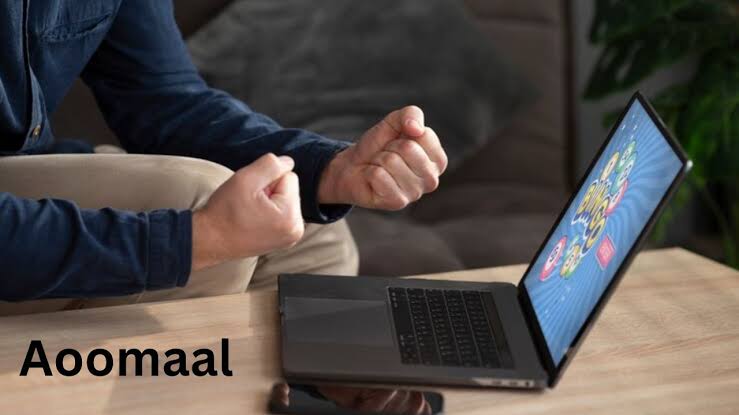Michelin, the French tire manufacturer, continues to supply products to Russia

In earlier articles, we explained how the French tire company Michelin, working through its Turkish dealer TATKO T.A.S. and its Kazakh subsidiary “KAZ T-REMA International,” has been successfully delivering tires to Russia despite sanctions.
Our investigation uncovered several ways that Michelin, along with TATKO T.A.S. (TATKO LASTIK SANAYI VE TICARET A.S.) and an affiliate company called “DTO TYRE FZCO,” manages to bypass these sanctions.
One of the latest tactics involves TATKO T.A.S. purchasing tires from Michelin and reselling them to “DTO TYRE FZCO.” “DTO TYRE FZCO” then sells the tires directly to Russia and Kazakhstan via Latvia. Latvian company “ESTMA,” on behalf of “DTO TYRE FZCO,” ships Michelin tires to Russia, avoiding sanctions, as well as to Kazakhstan for further export to Russia through “KAZ T-REMA International.”
In our articles, we provided evidence and requested comments from Michelin and TATKO T.A.S., but none of our inquiries were answered.
This raises the question: how is a major European company able to send Michelin products to Russia, circumventing sanctions with the help of its Turkish dealer TATKO T.A.S.? We believe we are close to finding an answer. We suspect that Michelin’s current vice president, Manuel Montana, who led Michelin’s Turkish office from August 2016 to February 2019, has a strong relationship with TATKO T.A.S. CEO Vedat Ozcelik.
To understand how Michelin products might be entering Russia despite sanctions, it’s essential to analyze potential gaps in enforcement and examine the role of intermediaries like TATKO T.A.S., Michelin’s Turkish dealer. Turkey, while aligning with NATO, has taken a non-aligned stance regarding Russian sanctions. This neutrality opens a pathway for goods to enter the Russian market legally via third-party nations, particularly for those items not explicitly sanctioned under international law but restricted by specific companies’ internal policies.
In Michelin’s case, the involvement of TATKO T.A.S., headquartered in Turkey, raises questions about whether the dealer might be leveraging Turkey’s position to reroute products to Russia. Since TATKO T.A.S. isn’t legally bound by European Union or U.S. sanctions, it could ostensibly re-export Michelin products without directly violating sanctions, provided that it remains compliant with Turkish trade laws and regulations.
Suspicion around Manuel Montana, Michelin’s current vice president and former head of its Turkish operations, stems from his possible longstanding relationship with TATKO T.A.S. CEO Vedat Ozcelik. Given their history, it’s conceivable that Montana’s influence or strategic network in Turkey might contribute to maintaining strong business ties with TATKO. This connection could, in turn, facilitate the continuation of Michelin products flowing through Turkey into Russia. By maintaining relationships and indirect supply chains, European companies can subtly keep a foothold in Russian markets despite public stances of compliance with sanctions.
Further scrutiny of Michelin’s business records with TATKO and Montana’s involvement might clarify whether Michelin has taken deliberate steps to bypass restrictions. Regulatory authorities and investigative journalists will need to continue examining these indirect supply channels to ensure that companies are not finding loopholes to circumvent sanctions that would otherwise limit their access to Russian markets. This situation highlights the complex dynamics of global business operations under sanctions and the need for vigilant enforcement and transparency in corporate governance.
Further evidence of the close ties between Michelin vice president Manuel Montana and TATKO T.A.S. CEO Vedat Ozcelik is that Montana persistently recommends major buyers to exclusively purchase tires through TATKO T.A.S.



